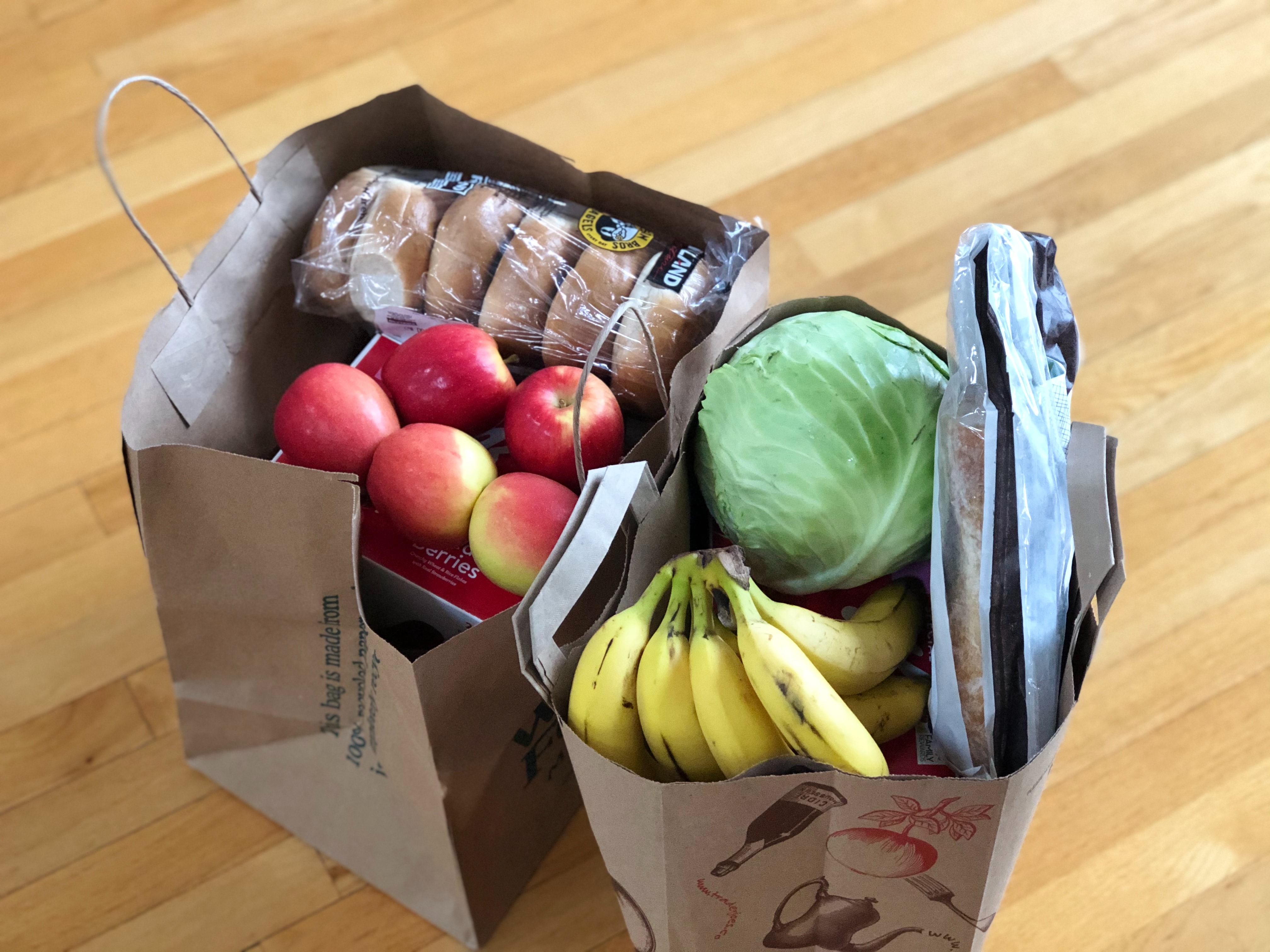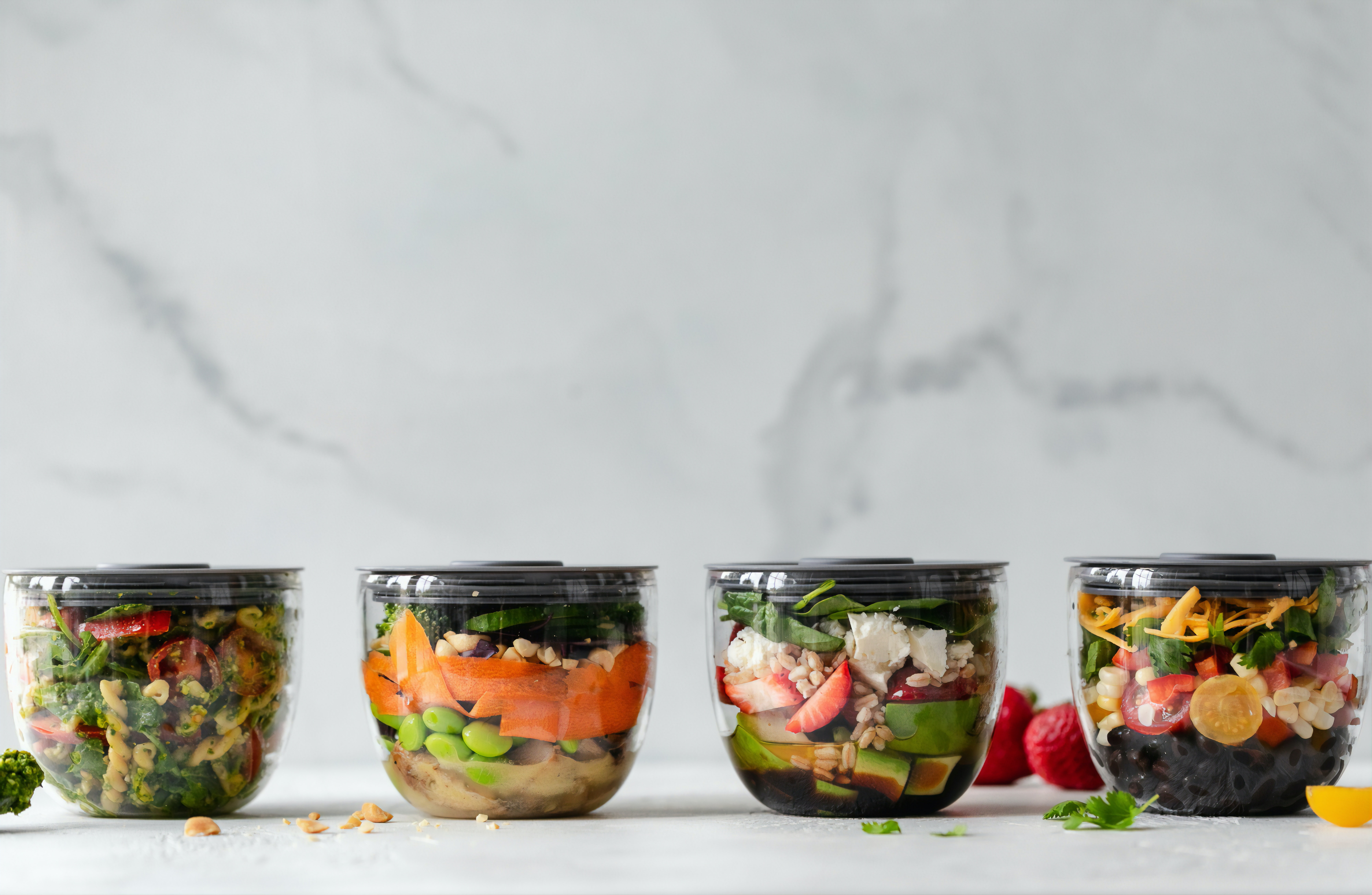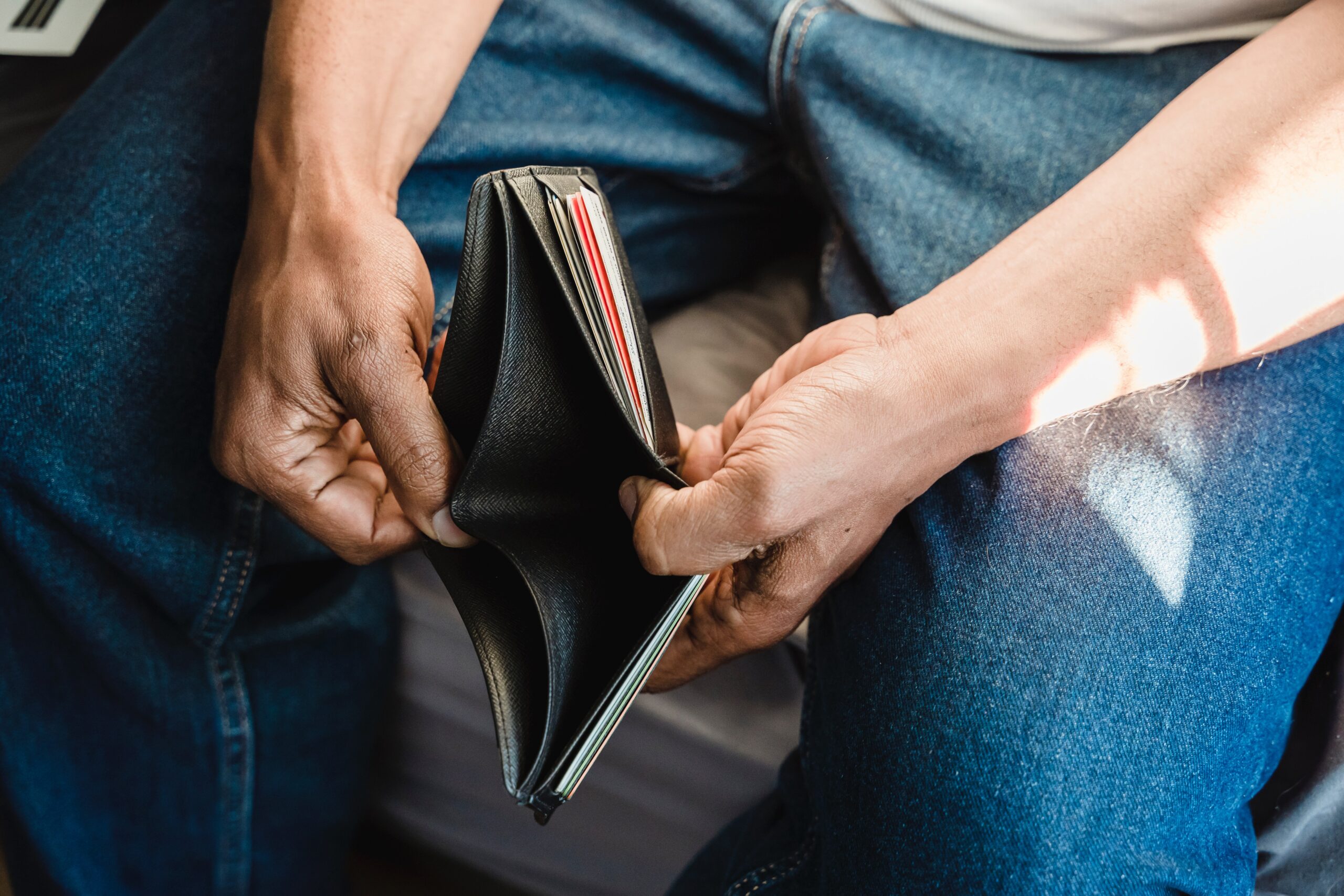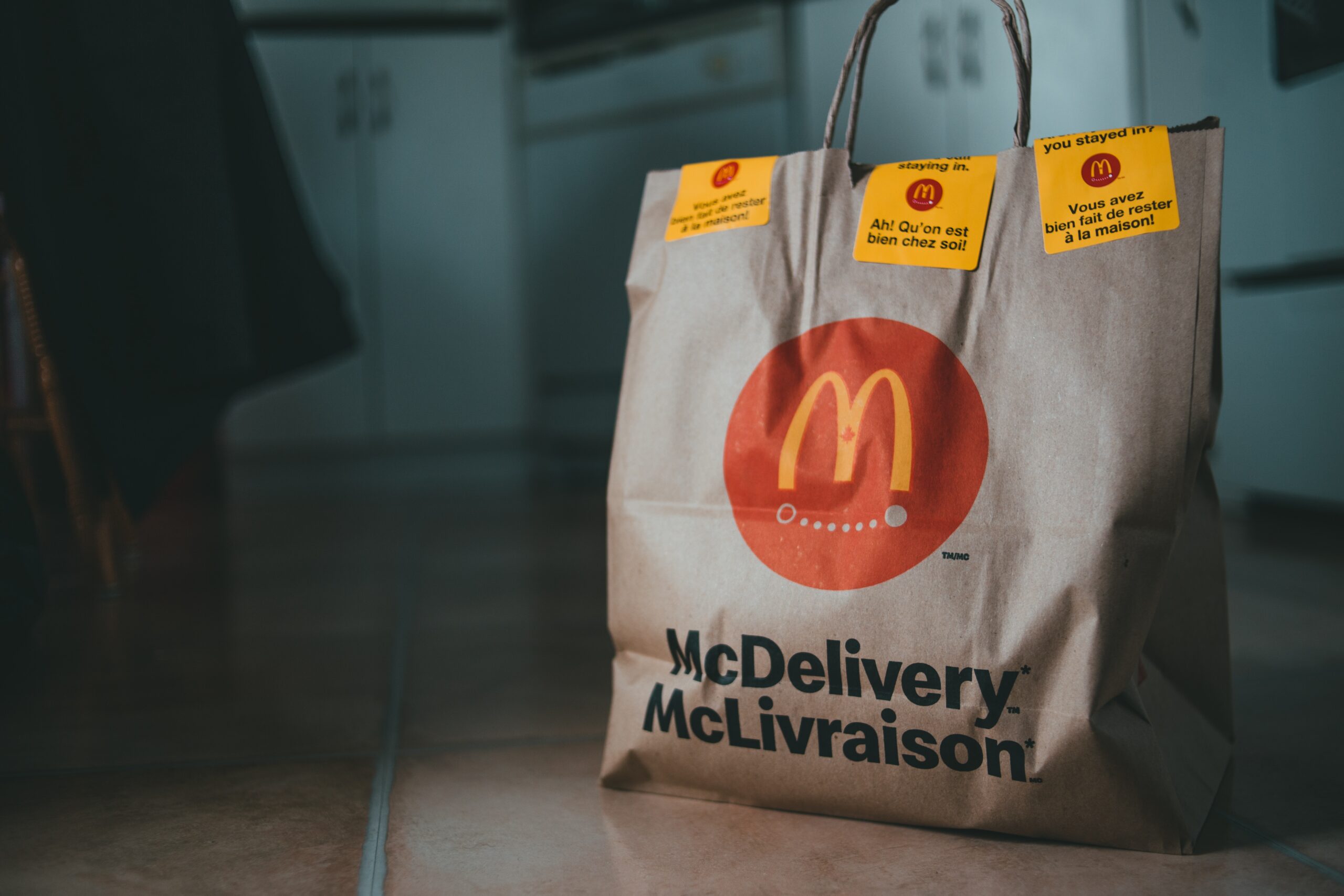Figuring out how to feed yourself and your partner without breaking the bank can be a daunting task, especially when it comes to budgeting. With proper planning and implementation, managing a grocery budget can be a seamless process.
I will provide you with comprehensive tips to help you plan your grocery budget for two.
Assess Your Food Requirements:

Assessing your food requirements is an essential step in planning your grocery budget. This step involves evaluating the dietary needs and preferences of the individuals you’re feeding. You can start by identifying any food allergies or dietary restrictions, such as gluten-free or vegan diets. Once you have an understanding of your dietary requirements, you can create a list of essential food items needed to prepare your meals.
It’s also important to consider the amount of food required to feed two people. For instance, a pack of chicken breasts may be enough for a family of four, but it may not be sufficient for two people. Consider buying smaller portion sizes of meat, dairy, and produce to avoid food waste and overspending. Or alternatively, if you are getting a good deal, you can buy your meats in bulk and just freeze the excess for later use.
5 Tips for Saving Money on Groceries
- Use Coupons and Discounts: Consider using coupons and discounts to save money on groceries. You can find coupons in local newspapers, online, or on grocery store apps.
- Shop in Bulk: Buying in bulk can help you save money on groceries. Consider purchasing non-perishable items, such as grains and canned goods, in bulk.
- Buy Generic: Consider purchasing generic or store-brand items instead of name-brand items. These items are often cheaper but may have similar quality and taste.
- Shop at Discount Stores: Discount stores, such as Aldi or Walmart, offer lower prices on groceries compared to traditional supermarkets.
- Avoid Impulse Buying: Impulse buying can lead to overspending on groceries. Consider creating a list and sticking to it when shopping to avoid impulse buying. It can also be beneficial to use a cash envelope system to help with your budgeting.
Make a Meal Plan:
Meal planning is the next crucial step in planning your grocery budget. This step involves creating a list of meals you intend to prepare for the week or month. Meal planning can help you avoid impulse buying, reduce food waste, and save money.
To create a meal plan, consider using a calendar or a meal planning app like Paprika. Start by identifying the meals you intend to prepare, such as breakfast, lunch, dinner, and snacks. Ensure that your meals are balanced and incorporate the essential nutrients required for a healthy diet. You can also consider meal prepping to save time and reduce food waste.
Create a Grocery List:

Creating a grocery list is the next step in planning your grocery budget. This list should be based on the meal plan you created in the previous step. A grocery list can help you avoid overspending and impulse buying.
When creating a grocery list, organize it by food category, such as dairy, produce, meat, and pantry staples. This can make it easier to navigate the grocery store and ensure that you don’t miss any essential items. Try using a grocery list app like Anylist or printable to make the process more manageable.
Compare Prices:

Comparing prices is a crucial step in saving money on groceries. Compare prices across different stores, like supermarkets, discount stores (dollar stores), and online retailers.
When comparing prices, it’s essential to factor in the cost of transportation or delivery fees.
Additionally, you should take into account the store’s location and the time it takes to get there. Shopping at a store that’s far away may not be cost-effective if you factor in transportation costs.
Buy in Bulk:
Buying in bulk is an effective way of saving money on groceries. Consider purchasing items in bulk that have a long shelf life, such as rice, pasta, and canned goods.
When buying in bulk, ensure that you have sufficient storage space to prevent spoilage or waste. You can also try sharing the bulk purchase with a friend or family member to reduce the cost further.
Cook in Bulk:

Cooking in bulk is another effective way of saving money on groceries. Consider preparing large quantities of food and freezing them for later use. This can save you time and money on ingredients and electricity or gas bills.
When cooking in bulk, ensure that you have sufficient freezer space to store the meals. Label the containers with the date of preparation and contents to avoid confusion.
Stay on top of your budget
Planning your grocery budget can help you save money on groceries and reduce food waste. Start by assessing your food requirements, making a meal plan, creating a grocery list, comparing prices, buying in bulk, and cooking in bulk. Use coupons, buying generic, shopping at discount stores, and avoiding impulse buying to save money. With these tips and strategies, you can stick to your grocery budget and enjoy delicious and healthy meals for two.
FAQ:
Can I still buy snacks and treats if I’m on a grocery budget?
Yes, you can still purchase snacks and treats within your grocery budget. Consider setting a limit on the number of snacks and treats you purchase to avoid overspending.
How can I save money on fresh produce?
Consider purchasing seasonal produce or shopping at farmer’s markets for fresh produce. Additionally, consider purchasing frozen or canned fruits and vegetables as a cost-effective alternative.
Is it okay to purchase store-brand items instead of name-brand items?
Yes, purchasing store-brand items instead of name-brand items can help you save money on groceries. Store-brand items are often cheaper than name-brand items, but they may have similar quality and taste. Consider trying out store-brand items to see if they meet your needs and preferences.
How often should I assess my food requirements and plan my grocery budget?
It’s recommended to assess your food requirements and plan your grocery budget once a week or once a month. This can help you stay on track with your budget and adjust your plan based on any changes in your dietary needs or preferences.
Can I still eat healthy on a grocery budget?
Yes, you can still eat healthy on a grocery budget. Consider purchasing fresh fruits and vegetables, lean proteins, and whole grains. Additionally, consider meal planning to ensure that your meals are balanced and incorporate the essential nutrients required for a healthy diet.








